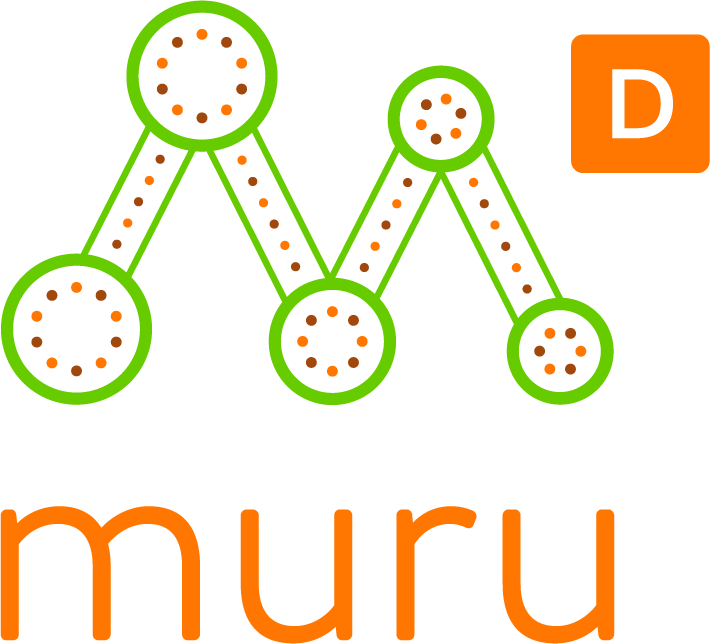Does Having The Data Really Shift Power?
By Kristi Mansfield
It’s a rainy Wednesday morning, mid Winter in Shepparton. Adam and I are here with the Greater Shepparton Lighthouse Project to present at a breakfast with people from the community, including Suzanna Sheed, Independent MP for Shepparton. We’re talking data and power.
It’s a good time to talk. The latest Australian Early Development Census (AEDC) figures were released in February and communities all over Australia are checking the figures, trend lines and comparing their results with other communities. How do we rate to similar places and what are others doing better than us to get our kids ready for school?
For the community in Shepparton, this conversation is very important. The 2018 AEDC figures have declined on all domains and results are among the poorest in the state.
School readiness is a key factor to determine likely educational outcomes. It was raised in the Q&A that we can’t expect to use analytics to prescribe a likely future because life is complex and there are so many factors that contribute to the future. This is true, I agreed. There are many possibilities for change. A kind volunteer reading to a young person at Shepparton High School week after week for years is making the difference.
This is what the Greater Shepparton Lighthouse Project does. It looks for ways to support the community to change the trajectory for it’s young people and one big intervention is the deployment of 450 generous volunteers across primary and secondary schools to help with this generational shift.
One person asked about the relationship between the AEDC figures and NAPLAN results or other datasets. In our last analysis for the community led Leadership Tables, we saw a strong correlation between school readiness and parents reporting early speech problems. We blended the AEDC and VCAMs datasets to look for clues. We also found positive development in “Emotional Maturity” correlated with better literacy and numeracy test results (NAPLAN) right up to Year 9. This is a great conversation for people to have.
What does this mean? I think it gives community people better information to have conversations together. These are confronting conversations and not easy to have.
The Greater Shepparton Lighthouse Project and Executive Director, Lisa McKenzie, is using data analytics to inform their community conversations and community-driven interventions. “There is so much local knowledge and insight, and the data analytics is a tool to enhance this knowledge. We have the data available to us and it is shifting power and gives the community more power to make decisions that are right for us.”
Shepparton has been leading the way in this movement. We’re working with 15 communities, all low income and distressed communities around Australia. People working to change their communities for good want to be data-driven in decision-making.
When we ask why is this so important now, people often say “because we realise no one is coming to save us.” In uncertain times, data gives greater confidence for making decisions, saving money and improving lives, and gives the community more power in driving it’s future.
Originally published on LinkedIn.



